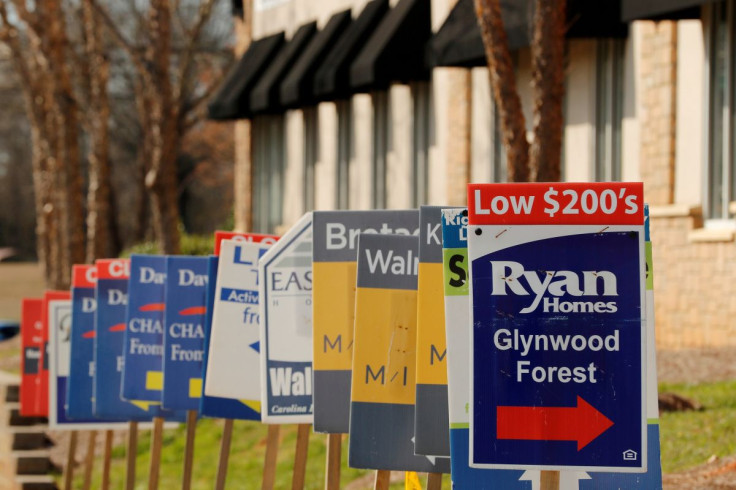
Homeownership is still seen by many as a way to build generational wealth; however, since the 2008 financial crisis, the goal of owning property has become more challenging for Latinas and other women of color, according to a new report from the National Women's Law Center.
Homeownership is seen as essential for upward mobility for Latinos and often represents the biggest share of a Latino household's net worth. According to 2020 census data, owning a home accounts for 67% of Latino households' wealth.
"In our culture, homeownership is not just a house; it's our growth, our roots, and the legacy of endless opportunity for generations ahead," Danny Garcia, a Latino real estate expert, told the Latin Times.
However, the National Women's Law Center report shows that this goal more difficult to achieve for Latino women, who have a harder time being approved for home loans. The report analyzed ownership between 2007 and 2021 and found that women of color are less likely to be homeowners today than they were 14 years ago.
According to the report, in 2007, 39.8% of single Latinas living alone were homeowners, but in 2021, that number dipped slightly to 38.8%. In comparison, 55.6% of single, non-Hispanic men were homeowners in 2007, and that number grew to 57.2% in 2021.
The study also analyzed homeownership among single adult families raising at least one child and found that disparity was even greater for Latinas.
According to the data, in 2021, only 28.2% of single Latinas with one child were homeowners. In contrast, 63.6% of single white men with one child were homeowners, and almost half of single white women with one child were so.
According to the National Women's Law Center, the dip in Latina homeownership between 2007 and 2021 can be explained by the tightening of mortgage lending following the 2008 housing crash. Before this, banks and mortgage lenders were more likely to qualify people with subprime credit, but since then banks have been more cautious about who they qualify for home loans, according to the Federal Reserve.
However, the disparity between Latinas' homeownership and other demographics cannot only be explained by that and stems from historical discriminatory practices, according to the report. "Homeownership is overwhelmingly a privilege enjoyed by wealthy white households. Policies today still fail to address the deep structural inequalities in housing that impact women and particularly women of color," read an excerpt from the report.
According to Garcia, some of the single Latina homebuyers he has worked with have been denied mortgages for having little or no credit.
"It goes back to credit and income," said Garcia. "We have seen that men usually take control of the finances, so when I do have a client who's just gotten divorced, they don't have credit or income established in their name, so that's what I would say has become difficult."
© 2025 Latin Times. All rights reserved. Do not reproduce without permission.





